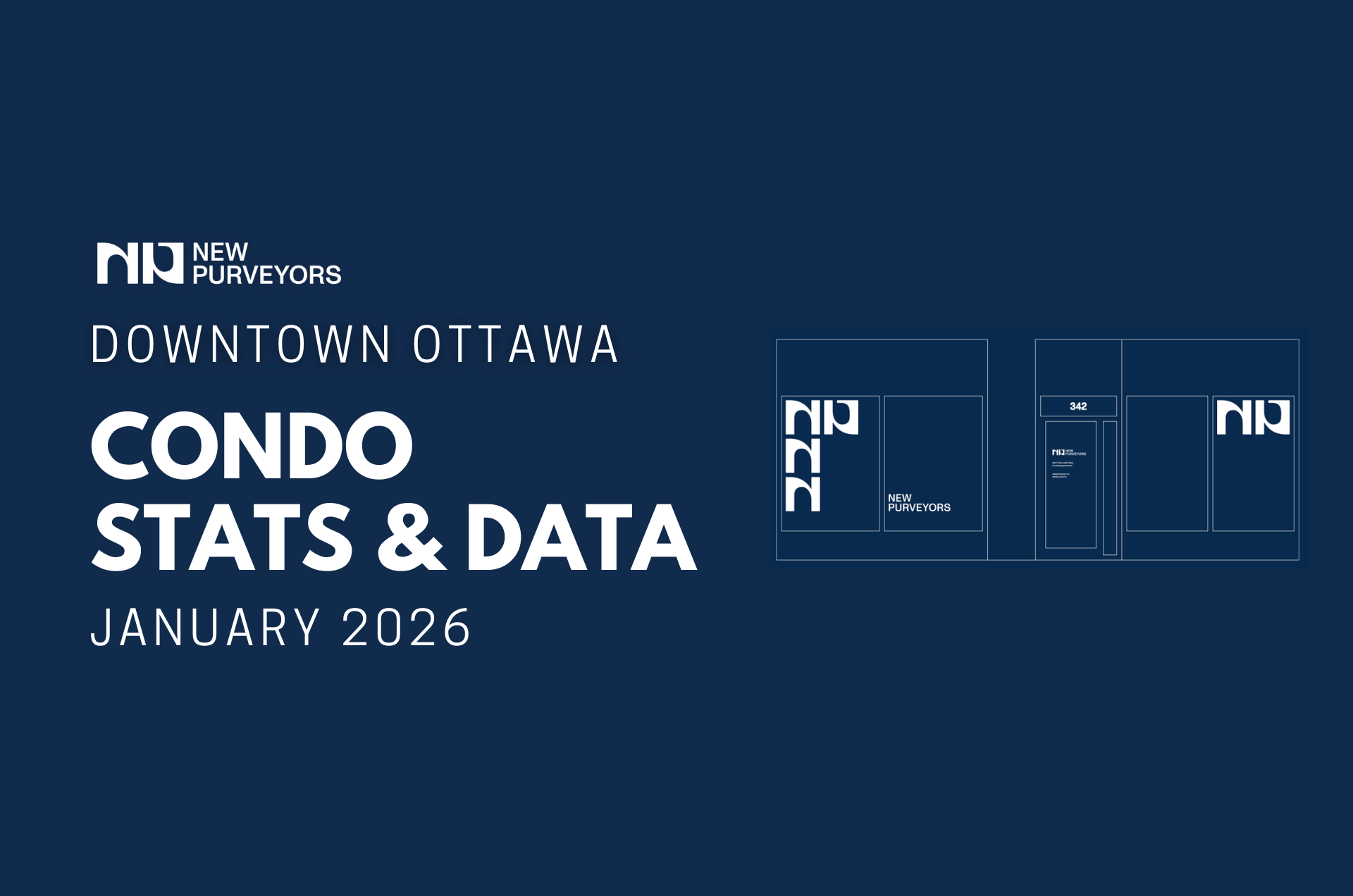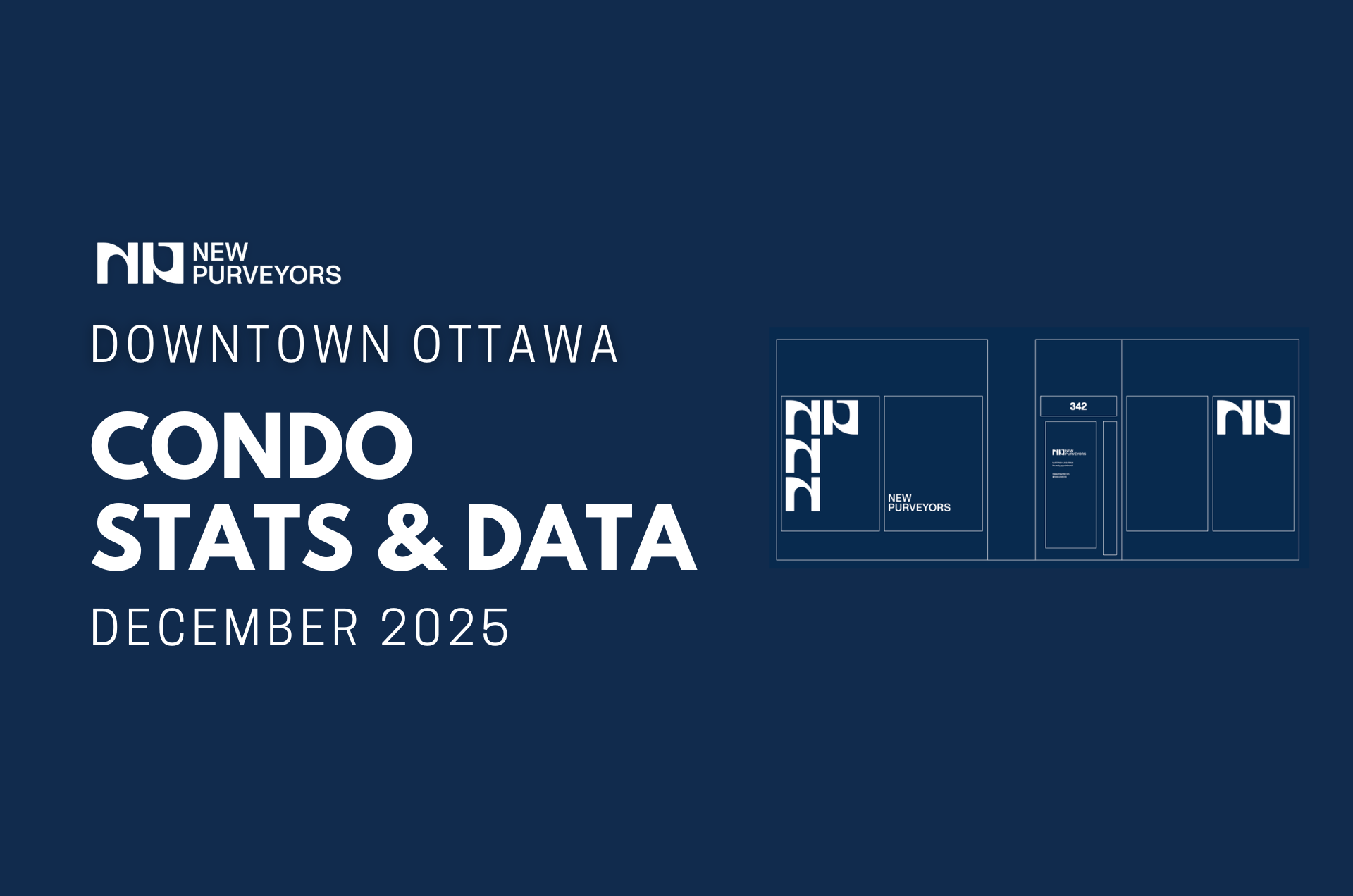Renting out a condo in Ottawa can be a lucrative venture, offering landlords the opportunity to generate passive income while building equity in their property. However, navigating the rental market and managing tenant relationships require careful planning and adherence to legal obligations. This comprehensive guide aims to provide landlords with a step-by-step approach to successfully renting out a condo in Ottawa. From preparing the property for rent to managing tenant concerns and complying with legal requirements, this handbook covers everything you need to know to become a successful landlord in the Ottawa rental market.
Section 1: Preparing the Condo for Rent
Before listing your condo for rent, it's essential to ensure that the property is in optimal condition to attract potential tenants.
1.1 Assessing the Condition of the Condo:
Conduct a thorough inspection of the condo to identify any necessary repairs or maintenance tasks. Addressing these issues before listing the property can help attract tenants and avoid potential problems down the line.
1.2 Cleaning and Staging:
Clean the condo thoroughly, paying attention to details such as carpets, windows, and appliances. Consider staging the condo to showcase its potential and make it more appealing to prospective tenants.
1.3 Updating Amenities:
Evaluate the amenities offered in the condo, such as appliances, fixtures, and furnishings. Consider upgrading or replacing outdated amenities to enhance the property's appeal and value.
Section 2: Determining Rental Price and Market Analysis
Setting the right rental price is crucial for attracting tenants while maximizing your return on investment. In this section, we'll discuss:
2.1 Conducting Market Research:
Research the rental market in Ottawa, including comparable properties in your area. Analyze factors such as location, size, amenities, and current market demand to determine a competitive rental price.
2.2 Calculating Expenses:
Consider all expenses associated with renting out the condo, including mortgage payments, property taxes, insurance, maintenance costs, and condo fees. Calculate the total expenses to determine the minimum rental price needed to cover costs and generate a profit.
2.3 Setting the Rental Price:
Based on market research and expense calculations, determine the optimal rental price for the condo. Price the property competitively to attract tenants while ensuring it provides a satisfactory return on investment.
Section 3: Marketing the Condo and Finding Tenants
Once the condo is prepared for rent and the rental price is set, it's time to market the property and find suitable tenants. This section will cover the following strategies:
3.1 Creating a Compelling Listing:
Write a detailed and engaging listing description highlighting the condo's features, amenities, and location. Include high-quality photos that showcase the property's interior and exterior.
3.2 Utilizing Online Platforms:
Utilize online listing websites, social media platforms, and rental listing services to advertise the condo to a wide audience of potential tenants. Consider targeted advertising campaigns to reach specific demographics or local rental markets.
3.3 Hosting Open Houses:
Schedule open houses or private viewings to allow prospective tenants to tour the condo and ask questions. Create a welcoming atmosphere and provide informative materials about the property and surrounding neighbourhood.
3.4 Screening Potential Tenants:
Develop a screening process to evaluate potential tenants based on factors such as credit history, rental history, employment status, and references. Conduct background checks and verify income to ensure prospective tenants are qualified and reliable.
Section 4: Drafting Lease Agreements and Collecting Security Deposits
Once you've found suitable tenants, it's essential to establish clear terms and conditions for the rental agreement. This section will cover the following steps:
4.1 Drafting a Comprehensive Lease Agreement:
Create a detailed lease agreement that outlines the rights and responsibilities of both the landlord and tenant. Include key terms such as the rental price, lease duration, security deposit amount, rules regarding pets and smoking, and maintenance responsibilities.
4.2 Reviewing Legal Requirements:
Familiarize yourself with the Residential Tenancies Act of Ontario and ensure that the lease agreement complies with all relevant legal requirements. Consult with a legal professional if necessary to address any questions or concerns.
4.3 Collecting Security Deposits:
Upon signing the lease agreement, collect a security deposit from the tenant. In Ontario, landlords are allowed to collect a security deposit of up to one month's rent. Clearly document the amount of the security deposit and the conditions for its refund at the end of the tenancy.
Section 5: Managing the Rental Property and Tenant Relationships
Once the rental agreement is in place, effective management of the rental property and tenant relationships is essential for a successful landlord-tenant experience. This section will cover the following aspects:
5.1 Communicating with Tenants:
Maintain open and transparent communication with your tenants throughout the tenancy. Respond promptly to inquiries, address concerns or maintenance issues, and provide clear instructions regarding rent payments and lease renewal.
5.2 Handling Maintenance and Repairs:
As the landlord, you are responsible for ensuring that the condo remains in a habitable condition. Address any maintenance or repair issues promptly and communicate with the tenant regarding scheduled maintenance or repairs.
5.3 Collecting Rent Payments:
Establish a reliable method for collecting rent payments from the tenant, whether it's through automatic bank transfers, online payment platforms, or in-person payments. Set clear expectations regarding rent due dates and late payment penalties.
5.4 Renewing or Terminating Lease Agreements:
As the end of the lease term approaches, communicate with the tenant regarding their intentions to renew or terminate the lease agreement. If both parties agree to renew, consider negotiating any necessary updates to the lease terms. If the tenant decides to move out, follow the proper procedures for ending the tenancy.
Section 6: Complying with Legal Obligations and Regulations
As a landlord, it's essential to understand and comply with all legal obligations and regulations governing rental properties in Ottawa. This section will cover the following key areas:
6.1 Understanding Legal Requirements:
Familiarize yourself with the Residential Tenancies Act of Ontario and any local bylaws or regulations that apply to rental properties in Ottawa. Stay informed about changes to rental laws and regulations that may affect your rights and responsibilities as a landlord.
6.2 Providing Proper Notice:
Follow the proper procedures for providing notice to tenants regarding rent increases, lease renewals, or termination of the tenancy. Ensure that all notices are provided in writing and comply with the required timelines specified in the Residential Tenancies Act.
6.3 Respecting Tenant Rights:
Respect the rights of tenants as outlined in the Residential Tenancies Act, including the right to privacy, quiet enjoyment of the rental property, and freedom from discrimination. Obtain consent from tenants before entering the property for inspections or repairs, and provide advance notice as required by law.
6.4 Maintaining Health and Safety Standards:
Ensure that the condo complies with all health and safety standards required by law, including proper maintenance of heating, plumbing, and electrical systems, as well as compliance with building and fire codes. Conduct regular inspections to identify and address any potential hazards or safety concerns.
Renting out a condo in Ottawa can be a rewarding investment opportunity, providing landlords with the potential for steady rental income and long-term equity growth. By following the comprehensive guidelines outlined in this handbook, landlords can navigate the rental process with confidence, from preparing the property for rent to managing tenant relationships and complying with legal obligations. Whether you're a first-time landlord or an experienced investor, this guide provides the knowledge and resources you need to succeed in the Ottawa rental market.
By adhering to best practices and maintaining open communication with tenants, landlords can create a positive rental experience for both parties while maximizing the potential of their investment property in Ottawa. With careful planning, attention to detail, and a commitment to professionalism, renting out a condo in Ottawa can be a profitable and rewarding venture for landlords seeking to build wealth through real estate investment.
Interested in learning more? Reach out via phone or email!



































